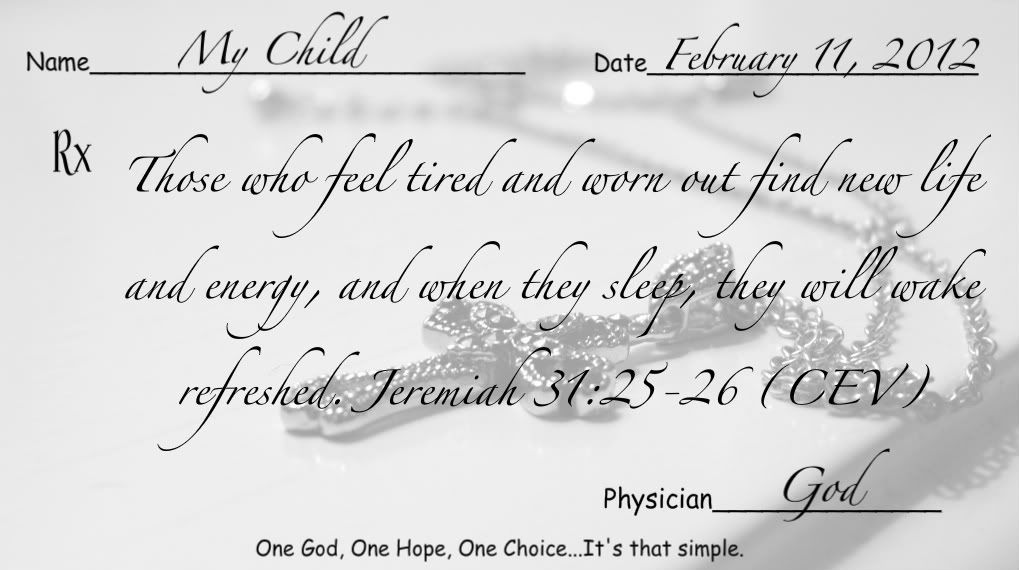I’m back to my posts on how we can use the five senses God gave us to fight depression and made us happier. Today it’s the power of touch.
The touch of Jesus is illustrated through story after story in the Bible.
- The story from the prescriptions verse above where he touched the leper and healed him.
- The story of Peter when he stepped out of the boat to walk on water. When he took his eyes off Jesus, he began to sink. But when Jesus took his hand, they walked across together.
- The story illustrated in Matthew 28 where Jesus touches the eyes of the blind man and restores his sight.
- The story in Mark chapter 7 where Jesus healed the man who was deaf and dumb through touching his ears and his tongue.
- The story in Luke chapter 8 where the woman touched the hem of Jesus’s garment and was healed.
The benefits of touch seem to stem largely from its ability to reduce levels of cortisol, a stress hormone manufactured by the adrenal glands. This was measured in two dozen studies. She said that touching with moderate-pressure (a firm handshake) stimulates activity in the vagus nerve, one of the 12 cranial nerves in the brain, which in turn slows the heart and decreases the production of stress hormones including cortisol (remember, that’s the fight or flight hormone I’ve discussed in other {tips to a happier you} posts).
Other studies published from the Touch Research Institute, published in peer-reviewed journals, demonstrate that touch contributes to…
- Decreased pain. Children with mild to moderate juvenile rheumatoid arthritis who were given messages by their parents 15 minutes per day for one month experienced less anxiety and lower cortisol levels. Over a 30-day period, parents, kids, and their physicians reported less pain overall in the children.
- Enhanced immune function. In studies, women with breast cancer and HIV patients showed a measurable increase in natural killer cells—part of a line of defense in the immune system against virus-infected cells and cancer cells—after massage. They also experienced less anxiety and depression.
- Happier, healthier babies. Preemies who were touched more while in the NICU gained more weight.
- Less labor pain. Women in labor who received a backrub the first 15 minutes of every hour of labor reported less pain and made fewer requests for pain medications. Their labor was also shorter, on average.
- Enhanced alertness and performance. Following massage, adults completed math problems in significantly less time and with fewer errors.
Okay, enough of the sciency stuff. I think you’re getting my point.
When we were in Chicago last week meeting the head honchos of the home health franchise we are looking into, there was a very unique impression made on me by Shelley, the president/CEO of the company. After our initial dinner meeting—which consisted of ten couples and a few executives—she bid us good-bye with a hug…each and every one of us. I’m guessing that as a CEO of a successful company, she knows the value of a hug.
If God worked through the touch of his son Jesus, he can work through our touch. After all, we are his children too!






